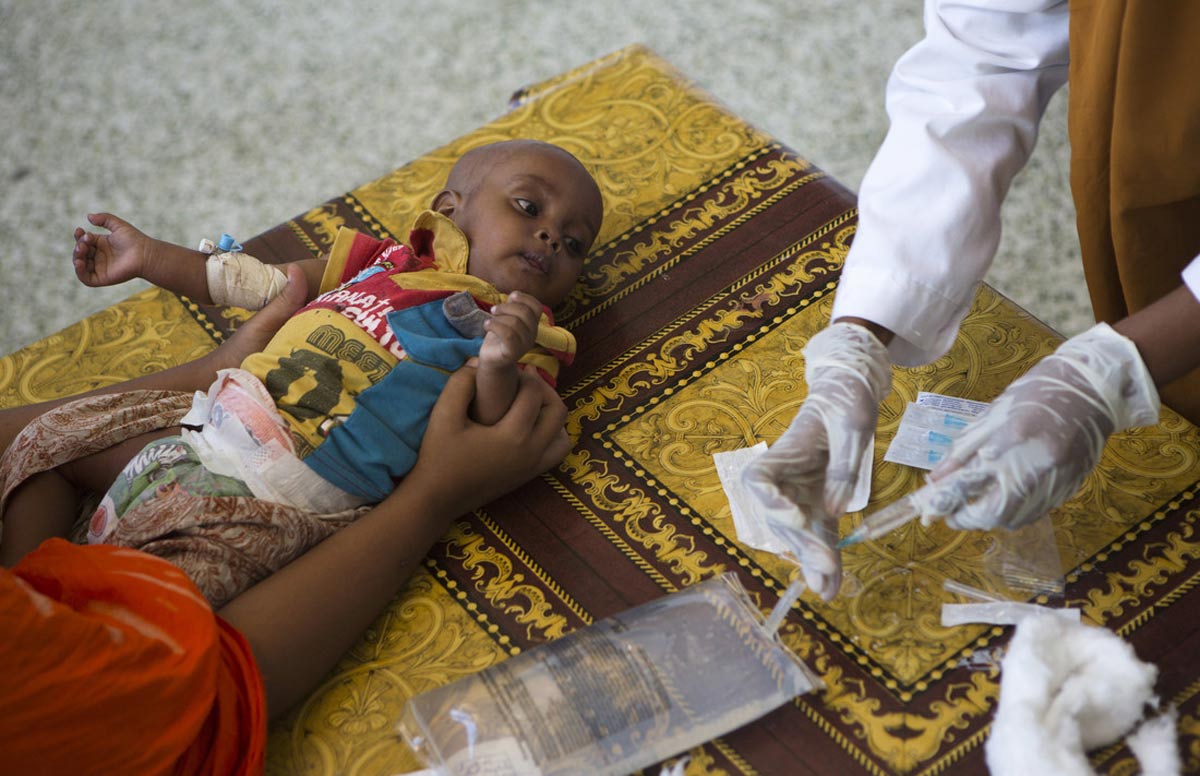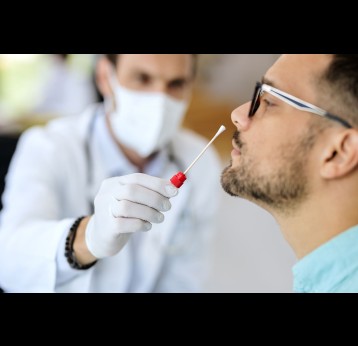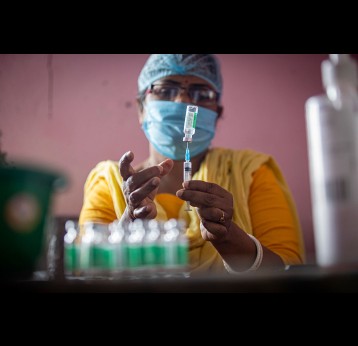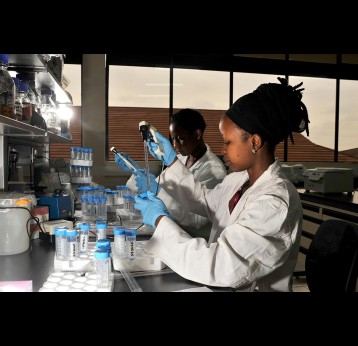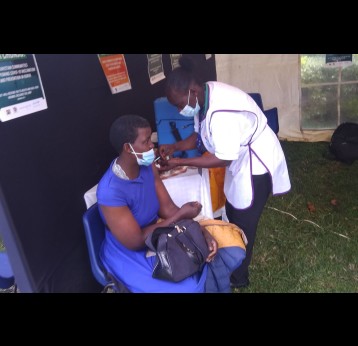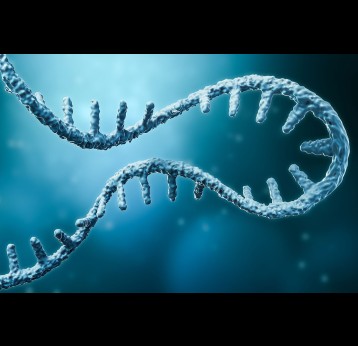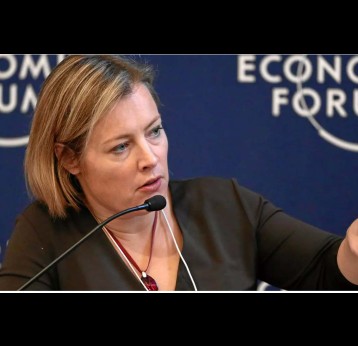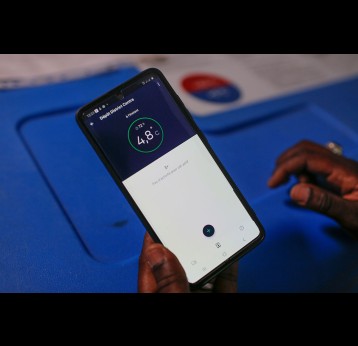- As part of Gavi, the Vaccine Alliance’s work supporting lower-income countries’ response to COVID-19, the Alliance is providing US$ 40 million to UNICEF to secure supplies of personal protective equipment (PPE) and diagnostics for 58 countries
- At a time of global market shortages, the new agreement supports equity in access to supplies for low- and lower-middle income countries, to help them both respond to COVID-19 and keep immunisation programmes running
- Just one doctor for every 40,000 people in some countries, which underlines urgent need for PPE for health workers
Geneva, 28 April 2020 – Gavi, the Vaccine Alliance has urgently made US$ 40 million available to UNICEF to secure personal protective equipment (PPE), diagnostic tests and other vital supplies on behalf of 58 low and lower middle-income countries as they respond to the COVID-19 pandemic.
To date, Gavi has made up to US$ 200 million available to help countries respond to the pandemic, with the majority of requests received by Gavi so far including demand for PPE. However, global demand for vital equipment far exceeds the available supply, which means that goods may not be readily available to countries once they have finalised their plans and funding approvals. The US$ 40 million will support a consolidated and coordinated approach to purchasing and secure a pipeline of supplies on behalf of these countries while country plans are finalised.
UNICEF is one of the largest procurement agencies in the UN system, and procures over US$ 3.7 billion in goods and services annually, including on behalf of countries and development partners. Since the onset of the outbreak, UNICEF has secured over US$ 152 million in supplies for the COVID-19 response globally.
“The world’s poorest countries are currently bearing the brunt of the global shortage of PPE and diagnostics, with health workers risking their lives without protection and poor testing for COVID-19 putting us in the dark as to the disease’s true extent,” said Dr Seth Berkley, CEO of Gavi, the Vaccine Alliance. “A lack of trained health workers in developing countries means one doctor or nurse’s death can mean tens of thousands of people suddenly lose access to healthcare, at a time when it is needed more than ever. Health workers need and deserve protection, which is why we need to get ahead of demand and use our relationships with the private sector to ensure supplies are available when needed.”
Following the agreement, UNICEF will procure PPE, diagnostic tests and other supplies to improve both the quantities and timing of supply availability to meet incoming requests from countries. Eight countries are already earmarked to benefit from this mechanism, with a total of US$ 13 million already assigned. Gavi is prepared to top up the initial US$ 40 million provided to UNICEF if demand surpasses this amount.
“This pandemic has created unprecedented market challenges, including extreme supply shortages, sharp price increases and widespread export restrictions,” said UNICEF Executive Director Henrietta Fore. “This important collaboration will help us to secure a crucial pipeline of quality supplies, at appropriate prices, for health workers. This is critical, because by keeping health workers safe and healthy, we are also protecting children, families and entire communities.”
Countries already approved for Gavi funding to support their COVID-19 response include Burundi, the Democratic Republic of the Congo, Ethiopia, Malawi, Myanmar, Sudan, and Togo. The PPE delivered will help countries tackle the COVID-19 outbreak and protect frontline health workers as they respond to the pandemic and continue to deliver vaccines, helping to prevent a resurgence of other deadly diseases.
According to OECD, there is approximately one medical doctor for every 285 people in the 36 high and middle-income OECD countries. In comparison, WHO estimates that in many low-income countries this drops significantly, with Sierra Leone, Somalia, and Tanzania all reporting less than one medical doctor for every 40,000 people.
Media contacts
-
Marixie Mercado, Senior Communication Adviser, UNCIEF
Mob: +41795597172
E-mail: mmercado@unicef.org -
Joe English, UNICEF New York
Mob: +1 917 893 0692
E-mail: jenglish@unicef.org

